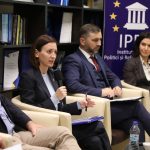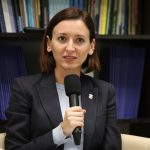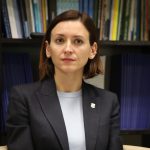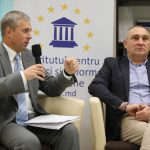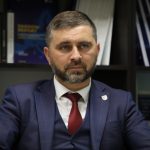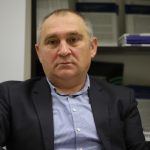Anticorruption Prosecutor’s Office must be fortified to effectively fight high-level corruption
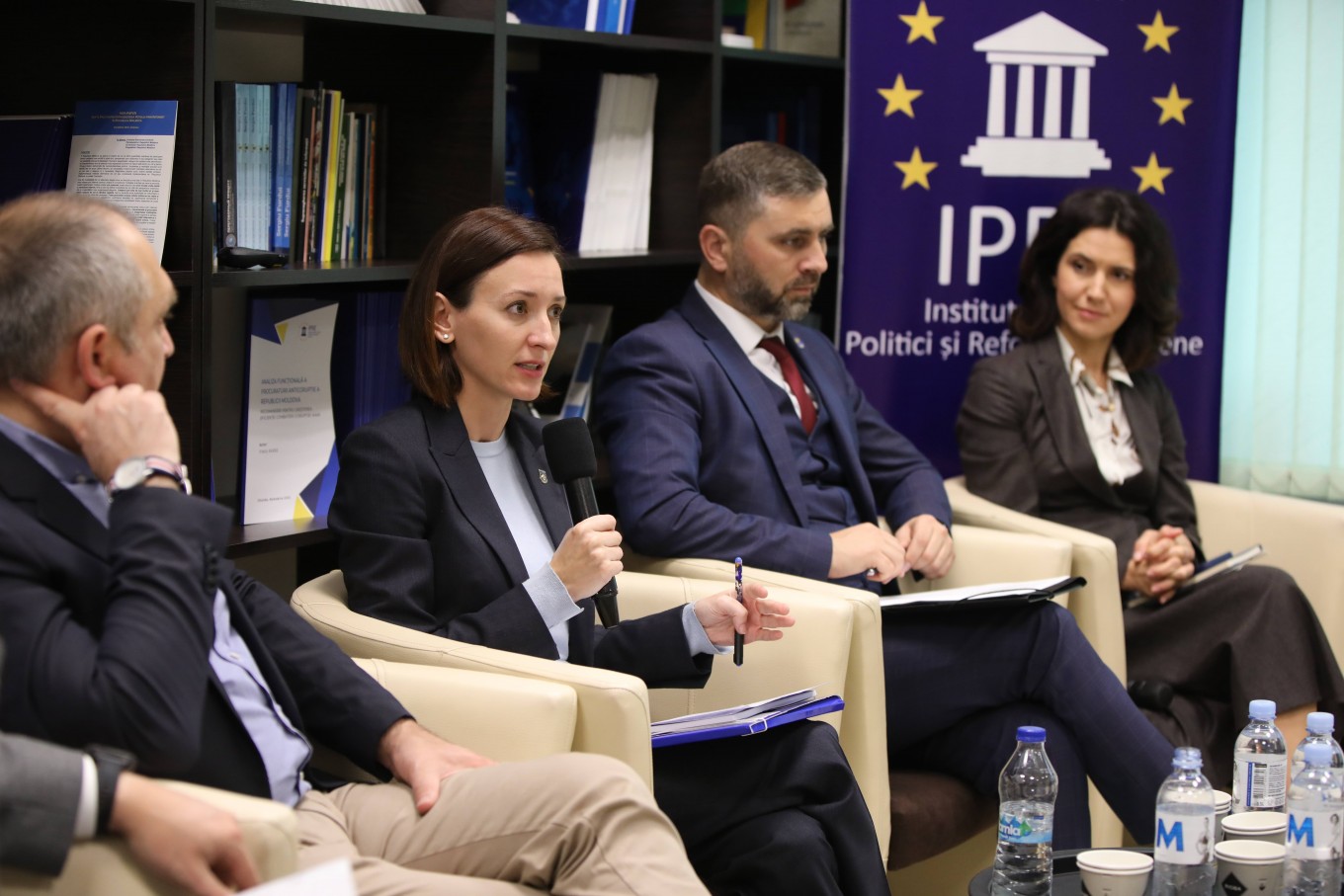
Anticorruption Prosecutor’s Office must be fortified to effectively fight high-level corruption – this is the main conclusion of the Functional Analysis of Moldova’s Anticorruption Prosecutor’s Office, presented on Tuesday, November 22, 2022, during a public event organized by the Institute for European Policies and Reforms in partnership with the Anticorruption Prosecutor’s Office and Soros Foundation Moldova.
The report includes more than 100 recommendations to enhance the efficiency of fighting high-level corruption. The research forming the basis of the Functional Analysis explored the situation with the jurisdiction, powers and limitations of APO in legislation and in practice as well as functioning of APO and its cooperation and coordination with other authorities within its competence.
Further below are presented for your attention the key remarks of the speakers at the event.
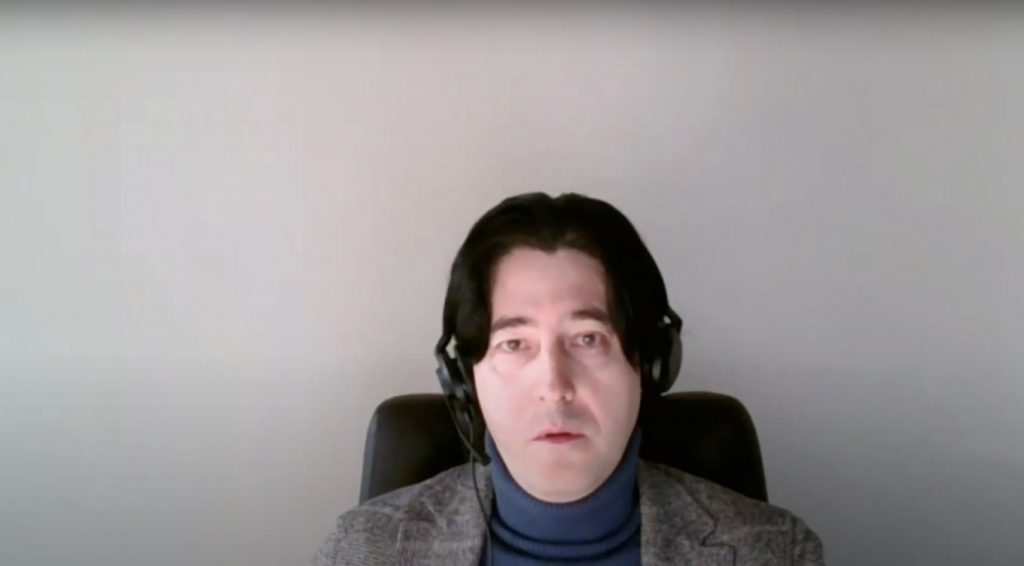
Vitaliy KASKO, international expert and author of the report: “It is recommended that the mandate of the Anticorruption Prosecutor’s Office is limited to criminal prosecution exclusively to combating high-level corruption and related crimes. To this end, it is recommended to concentrate the future activity of the Anticorruption Prosecutor’s Office with regard to the investigation of corruption acts of high-ranking public servants, including on politically exposed persons – current parliamentarians, ministers, deputy ministers, high-ranking judges, prosecutors and other high-ranking civil servants. The Anticorruption Prosecutor’s Office does not currently have legal experts in the field of economic and financial investigations within its existing staff. At the same time, the employees do not have full access to all the necessary databases, and the APO is not authorized by law to carry out its parallel financial investigations. Therefore, it is recommended to ensure, in practice, the full, direct and free access of APO to all state-owned databases, including the unified register of bank accounts, relevant for the efficient investigation of the great corruption. It is also necessary to strengthen the organizational, human resources management, IT, expertise and financial capacity of APO. The Anticorruption Prosecutor’s Office must increase its staff and this need is obvious. Therefore, first of all, there is a need to optimize the organizational structure and staff of the prosecutor’s office according to its competences and the workload of prosecutors, as well as to increase the number of prosecutors by 30% (up to 65 prosecutors). The current vacancies APO must be completed as soon as possible, and the work of the Superior Council of Prosecutors must be organized in a way that excludes any delays in this process. Finally, the Anticorruption Prosecutor’s Office needs its own budget proper to its mandate, as provided by the 2016 Law on specialized prosecutor’s offices.”
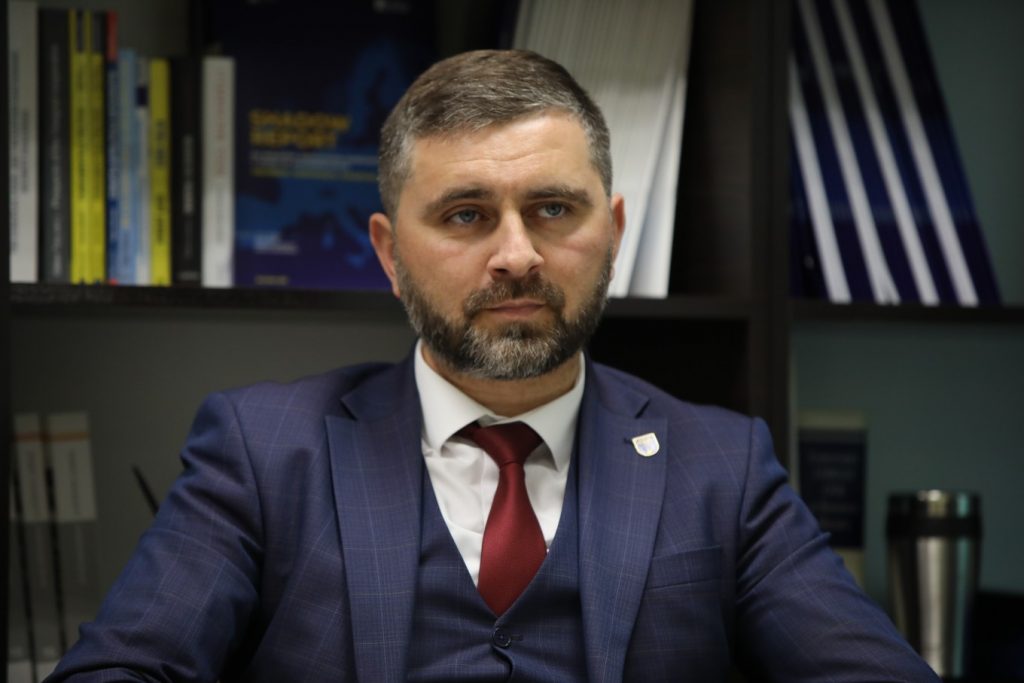
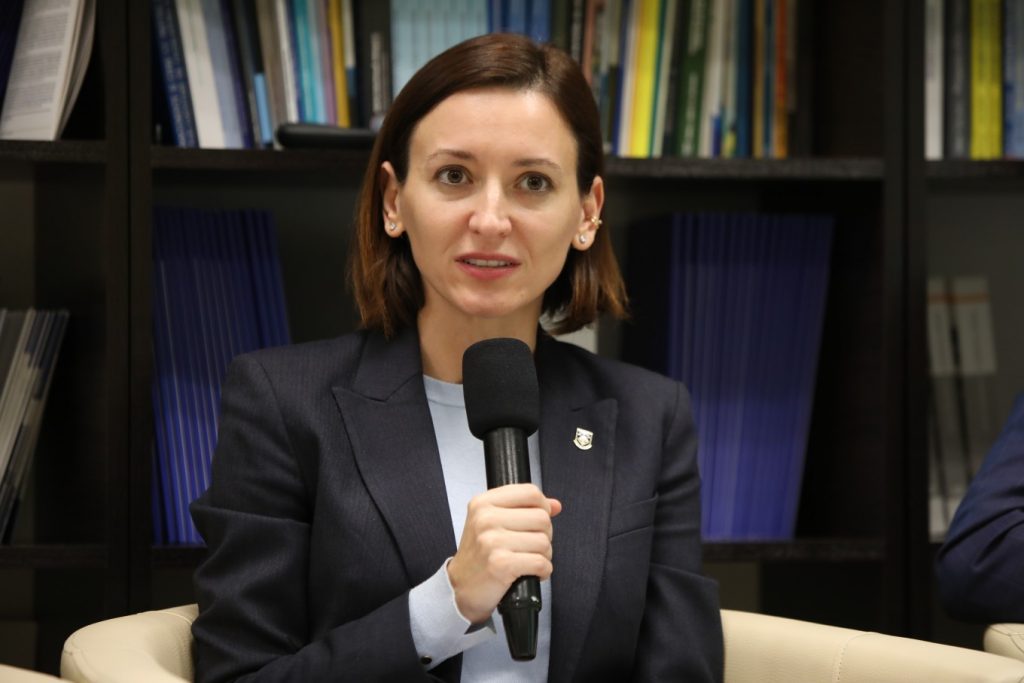
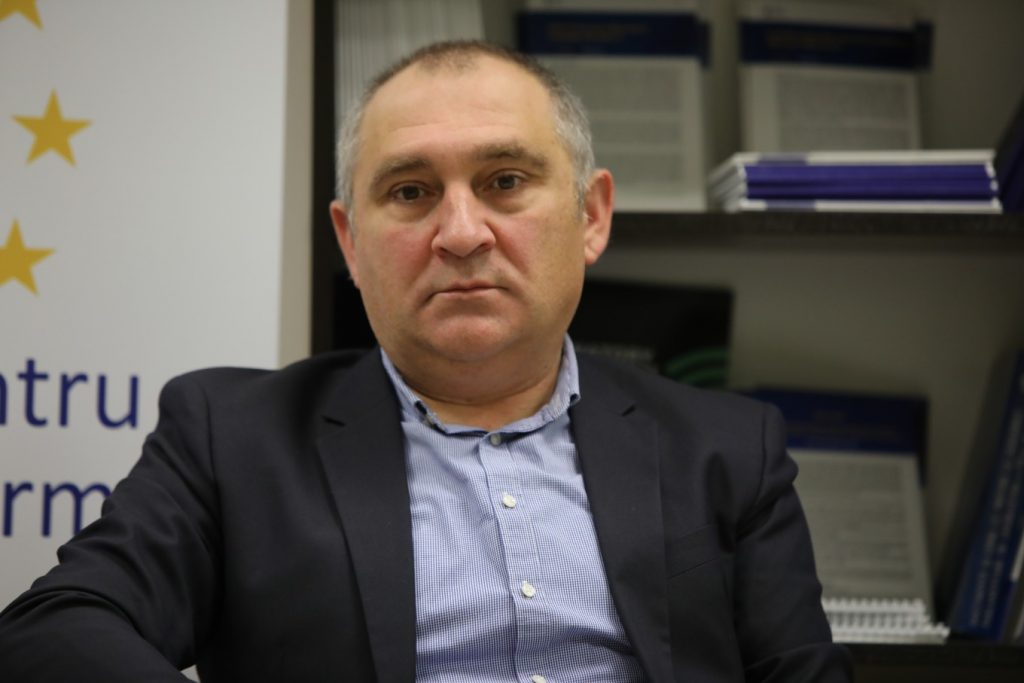
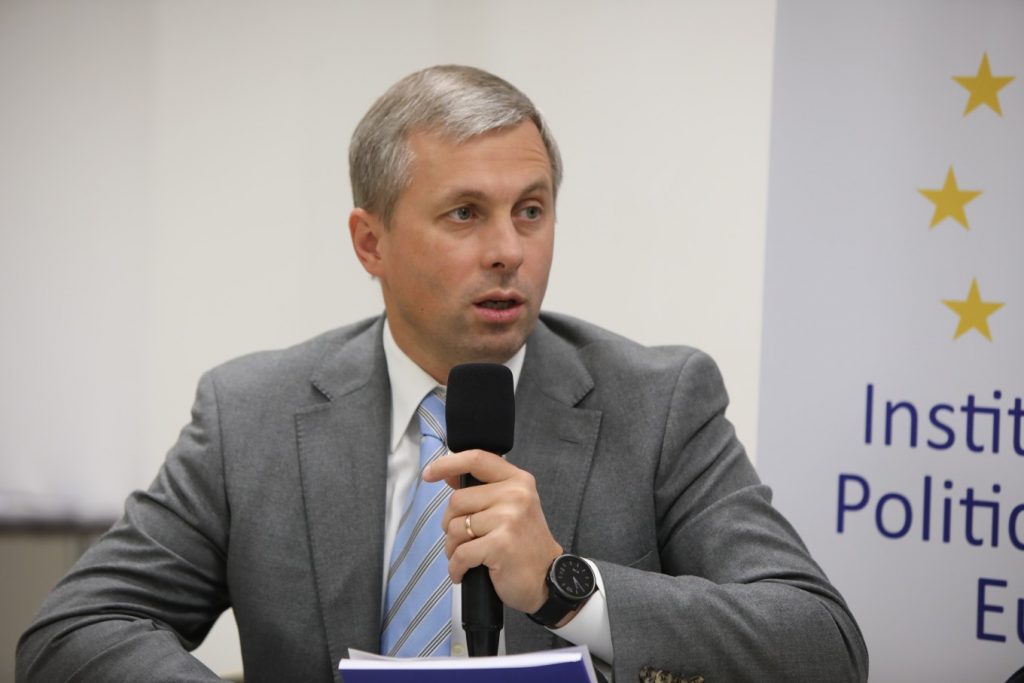
Vladislav GRIBINCEA, President of the Legal Resources Centre of Moldova: “Given that I had the responsibility to lead the group of experts responsible for the reform of the Prosecutor’s Office in 2013-2016, I feel at least guilty of the state in which the Anticorruption Prosecutor’s Office is today. Many things have changed in the law without the practice changing. Speaking of the law on specialized prosecutor’s offices in 2016, which stipulated that the 2 specialized prosecutor’s offices must have their own budget, their own staff, almost full autonomy and procedural independence, almost none of these things happened. And they did not happen for 3 reasons, and here we must call them by name. We are talking about the Superior Council of Prosecutors who did not object and did not support a different budget for the Anticorruption Prosecutor’s Office, the Prosecutor General, who as far as I know opposed the implementation of the law and the Chief Anticorruption Prosecutors, who were not insistent enough to actually take what was supposed to belong to them. And all these 3 actors must now take action to fix what they did not do then.”
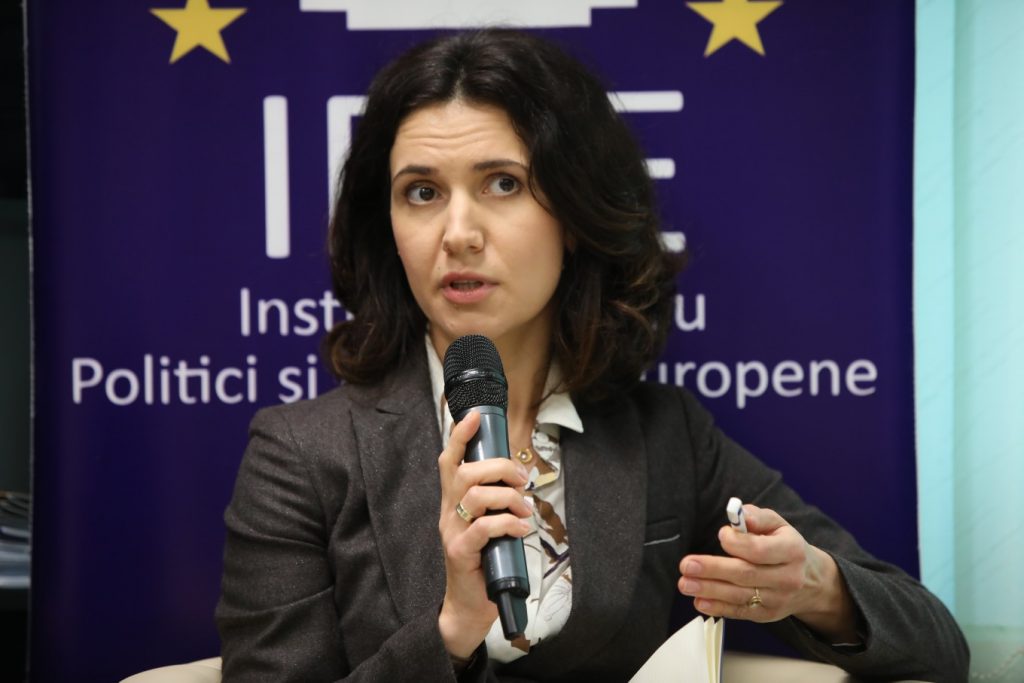
Olesea STAMATE, Member of the Parliament of the Republic of Moldova, Chairwoman of the Legal Standing Committee for Appointments and Immunities: “Regardless of the path we will choose to reform NAC, the Anticorruption Prosecutor’s Office must become an independent, institutional body – here I refer to those levers of independence from the General Prosecutor’s Office and aspects related to budgeting, decision-making regarding the personnel employed at the Anticorruption Prosecutor’s Office and the instruments needed to perform in the fight with great corruption. This will be our first focus as a government to ensure that the Anticorruption Prosecutor’s Office has not only the desire to combat the great corruption, but also all the necessary resources it needs to do so.”
For more details, the Functional analysis report can be found in English here and in Romanian here.
The video recording of the public event presenting the Report can be watched here.
This publication was developed within the project “Ensuring integrity, efficiency and independence in the justice system of the Republic of Moldova” implemented by the Institute for European Policies and Reforms (IPRE) with the support of the Soros Foundation Moldova, as well as within the project “Increasing the role of think-tanks in supporting the national effort of European integration of the Republic of Moldova – #ThinkTanks4EUMembership” with the support of the Open Society Foundation (OSF). The views expressed in this publication belong exclusively to the author.

